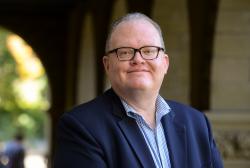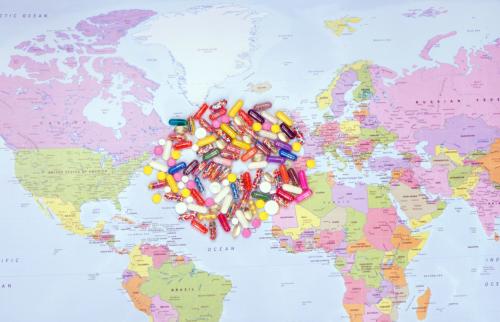

1:00 pm EDT - 2:30 pm EDT
Past Event
1:00 pm - 2:30 pm EDT
1775 Massachusetts Avenue, N.W.
Washington, DC
20036
As the world prepares for the April 2016 Special Session of the United Nations General Assembly on the World Drug Problem (UNGASS 2016), there is an emerging “dissensus” among states on how best to address the costs, harms, and risks associated with illicit drugs. An increasing number of countries in the Americas and Europe are now opposed to punitive counterdrug policies and are experimenting with reform, even as major powers such as Russia and China continue to defend a prohibitionist interpretation of the international counternarcotics regime. And the United States, once the global regime’s chief enforcer, is now itself a hotbed of experimentation as nearly half of its states have implemented medicinal or legalized access to cannabis.
On April 7, the Brookings Foreign Policy and Governance Studies programs hosted a conversation on what we can learn from drug policy reforms now being conducted in the United States and across the globe and what flexibility will exist in the global counternarcotics regime for implementing improved drug policies after UNGASS 2016.
![]() Join the conversation on Twitter using #UNGASS2016=”font-size:>
Join the conversation on Twitter using #UNGASS2016=”font-size:>
For more on this topic, check out:
Brookings Project on Improving Global Drug Policy
The new Brookings Essay “The medical marijuana mess: a prescription for fixing a broken policy” by John Hudak
1:00 pm - 2:30 pm
On April 7, the Brookings Foreign Policy and Governance Studies programs hosted a conversation on what we can learn from drug policy reforms now being conducted in the United States and across the globe and what flexibility will exist in the global counternarcotics regime for implementing improved drug policies after UNGASS 2016.






Samuel R. Bagenstos, Richard G. Frank, Kristi Martin, Rachel Sachs, Christen Linke Young
July 14, 2025

Christen Linke Young, Richard G. Frank, Rachel Sachs
July 9, 2025

Richard G. Frank, Rachel Sachs, Christen Linke Young
July 2, 2025